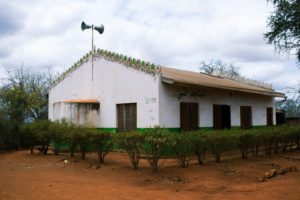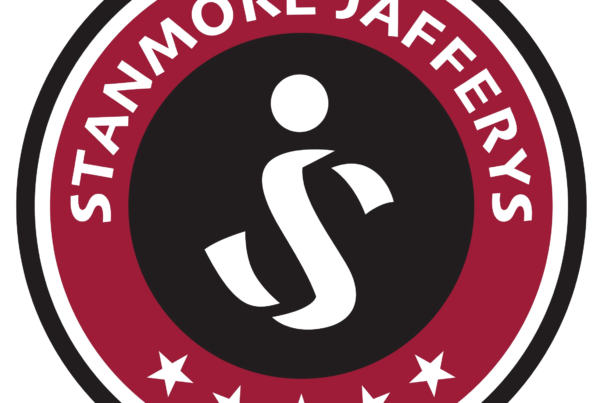
Nzavoni is an area in Kenya located within the Makueni County, a county in the former Eastern Province of Kenya. The main economic activity in this area is sisal farming (sisal crop is harvested for its leaves, which produce fibres that can be used to make plastics, textiles and paper). Most residents of the area work at the sisal plantation while others have small business and do manual tasks in order to earn their income.
The Challenge
While sisal does not require much rainfall over the year, it’s locals do. Currently, locals have no nearby access to water but rely on piped water which is located at specific water points. These points are located about 12km away from the centre of the area and have very salty water which is not safe for drinking. Clean water can also be accessed through privately owned fresh water sources but these are located far away and are expensive. Drilling deep boreholes to provide access to drinking water for the community has been tried but unfortunately this water is unfit for human consumption due to high salinity and other chemical contamination. This has called for long-term solution for this community.
The Solution
The proposed solution is the installation of a solar powered saline water desalination plant. Water is purified through the reverse osmosis procedure and chemicals such as chlorine, acids and anti-foaming agents are separated from water by the desalination process. Scale inhibitors and anti-scalants will be added to reduce alkalinity and prevent formation of scale.
The Impact
The system will produce 2000 litres per hour which will serve over 350 families for 25 years. The primary impact is the reduction in the risk of getting water related diseases which is the case with taking water directly from boreholes, wells and water pipes. It will reduce the daily burden of water collection that falls mainly on women and children. In particular, for children, education will improve since children will make it to school in time unlike presently where they have to look for water in the morning before heading to school.
This project, however, will also generate a number of secondary impacts. The project will aid employment creation for the residents at the water kiosk. It will also help in reducing CO2 emissions from burning of firewood to boil and disinfect drinking water. It will eliminate the use of diesel generators to produce electricity for desalination and water pumping systems.
To donate:
https://mysadaqa.com/sj-aawa-2022
To take part:
https://sjladies.org/aawareg2022
#letsdothis #letsdothistogether













